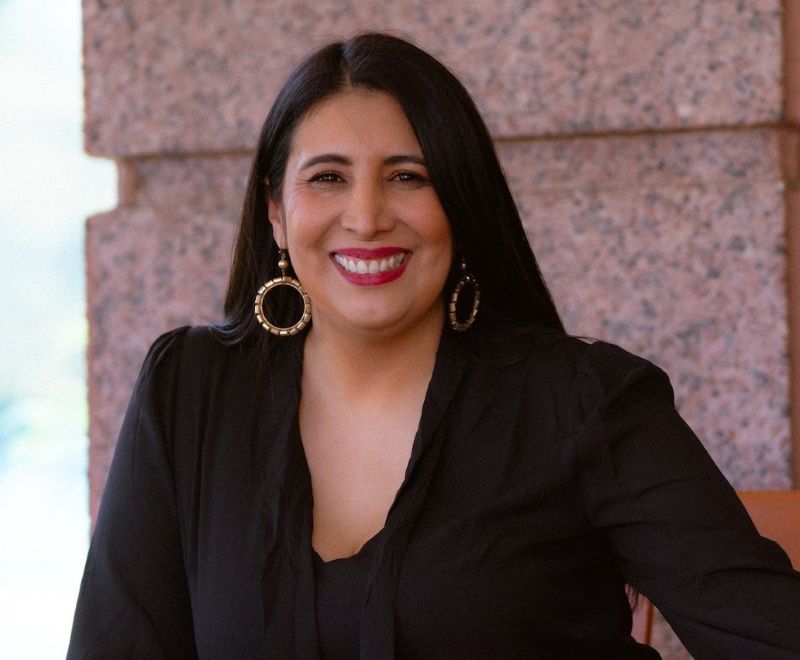Carla Cobos Hull, CMP, CMM, MBA and an independent director of events, is on a mission to tell people things they may not want to hear.
When it comes to admitting burnout or mental distress, many planners are suffering in silence, Cobos Hull says, a point she made during her keynote address at Prevue’s recent Survival Strategies Visionary Summit in Clearwater, FL. In the focus groups she runs for planners, Cobos Hull found that 55 percent of those in attendance had depression and anxiety, but keep their feelings to themselves.
And while it’s important to offer courses of action to planners in this situation, Cobos Hull says solutions need to start much higher: in the C-suite.
Prevue talked with Cobos Hull about getting to the bottom of what can be done to convince the higher-ups to help tackle the problem of burnout.
Prevue: Is there some lip service coming out of the C-suite about wanting to care for employees and wanting them to be healthy, but then pushing back on actual implementation of programs or initiatives?
Cobos Hull: Exactly, but it’s because of the misinformation they’re getting on how things should be done. Research shows that the more time you give employees to take care of themselves, the more productive and creative they are. For a business owner, the main concern is profit that sustains the business, right? But they also need to think about sustaining the employees.
P: Is it a generational thing? At our Summit, you talked about a “hero culture” that perpetuates the idea of working 24/7 and wearing stress and exhaustion as a badge of honor. Are Millennials and Gen Z rejecting that idea?
CH: There’s been a shift, but there are still people at the top, maybe older, who are like, “it wasn’t like that in my day.” They aren’t open to change. Look, change is hard for every single human. You’re afraid you’re going to be judged, not not only within your workplace, but judged in the industry—as if you’re admitting that you can’t do your job, and that’s not true. And it’s hard to change that mindset.
P: Are you seeing this attitude of needing to be a “hero” more with women than men?
CH: Definitely. Women make up about 90 percent of planners within the industry. We have the majority, yet for some reason we judge ourselves harshly and compete with each other instead of supporting each other. A woman in one of my focus groups had a heart attack because of stress. She was only 52.
With men, it’s hard to get them to share, but those who were in the group said their biggest stress was being an independent planner and running their own business. And not feeling supported by the industry.
P: What can the industry itself do when it comes to handling stress?
CH: I think it should be part of our training. We get our CMP and CMM certifications, and I think psychological leadership should be included. This issue needs to be more than a track on self-development at a conference. We can’t just check the boxes. We need to try to fix the problem.
Read more here: The Phoenix Shift White Paper
You May Also Be Interested In…
New Partnership Brings VR Wellness to Events












